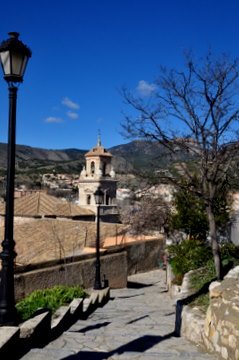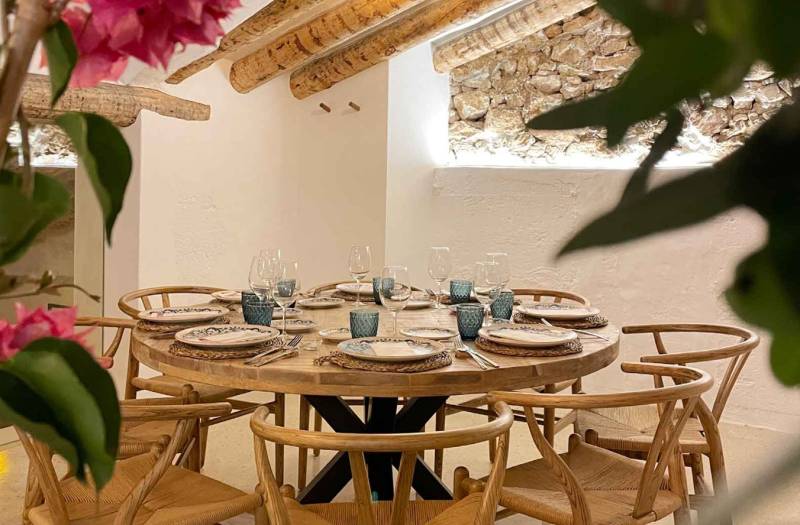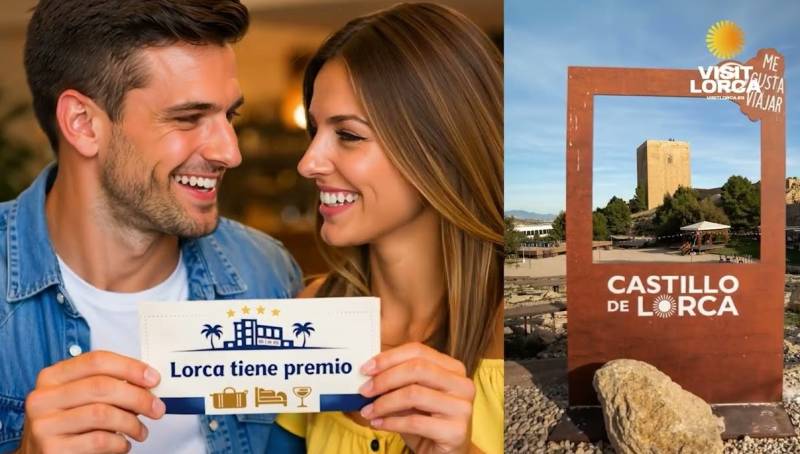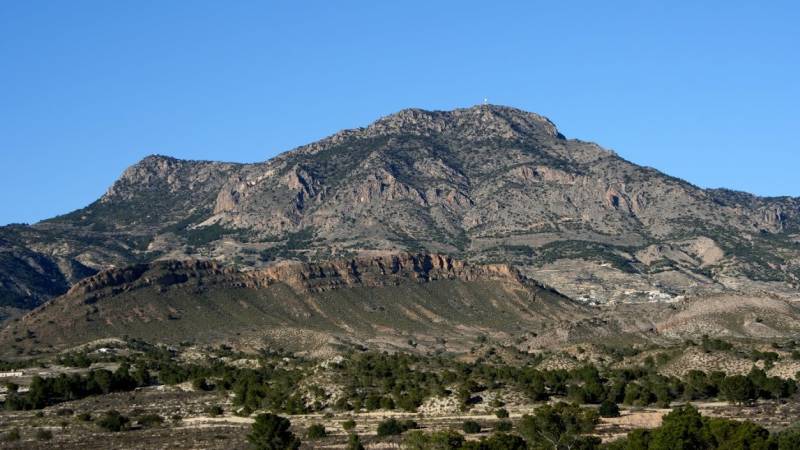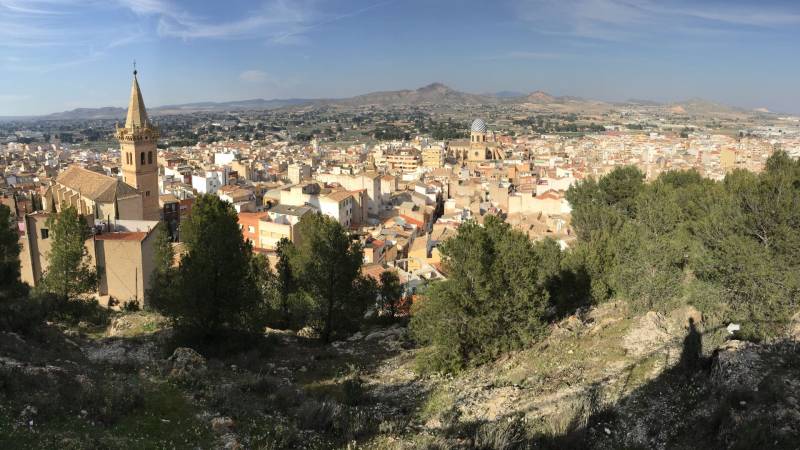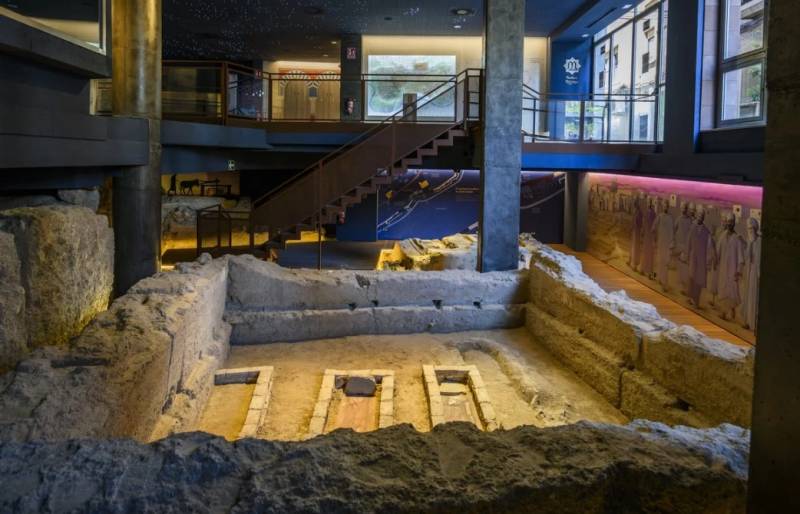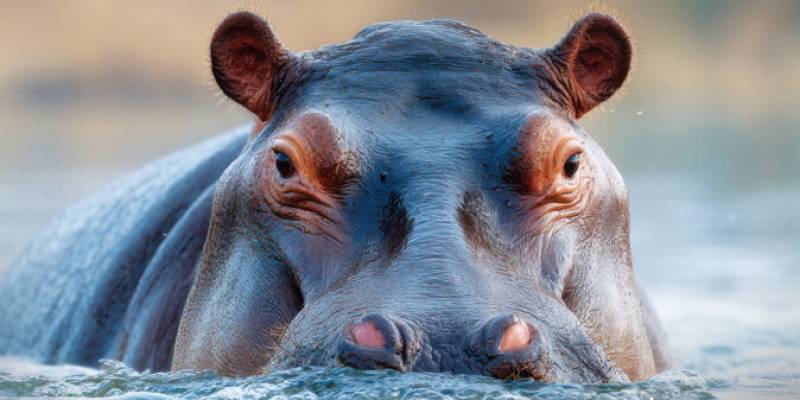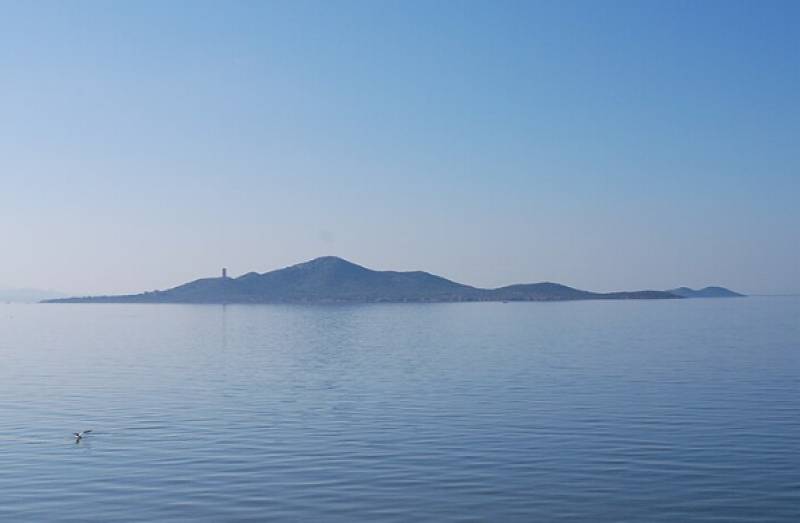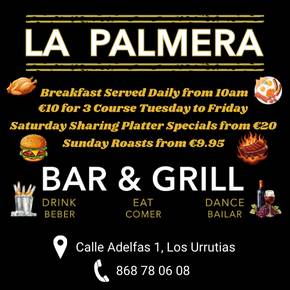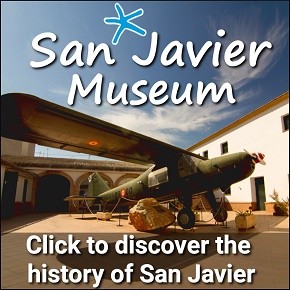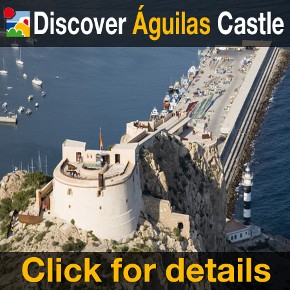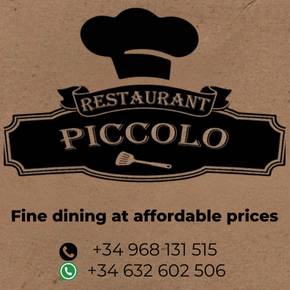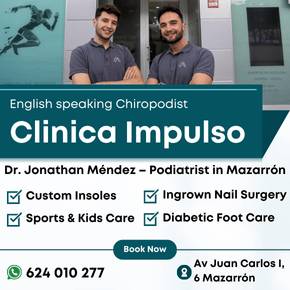- Region
- Águilas
- Alhama de Murcia
- Jumilla
- Lorca
- Los Alcázares
- Mazarrón
- San Javier
-
ALL AREAS & TOWNS
- AREAS
- SOUTH WEST
- MAR MENOR
- MURCIA CITY & CENTRAL
- NORTH & NORTH WEST
- TOWNS
- Abanilla
- Abarán
- Aguilas
- Alamillo
- Alcantarilla
- Aledo
- Alhama de Murcia
- Archena
- Balsicas
- Blanca
- Bolnuevo
- Bullas
- Cañadas del Romero
- Cabo de Palos
- Calasparra
- Camping Bolnuevo
- Campo De Ricote
- Camposol
- Canada De La Lena
- Caravaca de la Cruz
- Cartagena
- Cehegin
- Ceuti
- Cieza
- Condado de Alhama
- Corvera
- Costa Cálida
- Cuevas De Almanzora
- Cuevas de Reyllo
- El Carmoli
- El Mojon
- El Molino (Puerto Lumbreras)
- El Pareton / Cantareros
- El Raso
- El Valle Golf Resort
- Fortuna
- Fuente Alamo
- Hacienda del Alamo Golf Resort
- Hacienda Riquelme Golf Resort
- Isla Plana
- Islas Menores & Mar de Cristal
- Jumilla
- La Azohia
- La Charca
- La Manga Club
- La Manga del Mar Menor
- La Pinilla
- La Puebla
- La Torre
- La Torre Golf Resort
- La Unión
- Las Palas
- Las Ramblas
- Las Ramblas Golf
- Las Torres de Cotillas
- Leiva
- Librilla
- Lo Pagan
- Lo Santiago
- Lorca
- Lorquí
- Los Alcázares
- Los Balcones
- Los Belones
- Los Canovas
- Los Nietos
- Los Perez (Tallante)
- Los Urrutias
- Los Ventorrillos
- Mar De Cristal
- Mar Menor
- Mar Menor Golf Resort
- Mazarrón
- Mazarrón Country Club
- Molina de Segura
- Moratalla
- Mula
- Murcia City
- Murcia Property
- Pareton
- Peraleja Golf Resort
- Perin
- Pilar de la Horadada
- Pinar de Campoverde
- Pinoso
- Playa Honda
- Playa Honda / Playa Paraíso
- Pliego
- Portmán
- Pozo Estrecho
- Puerto de Mazarrón
- Puerto Lumbreras
- Puntas De Calnegre
- Region of Murcia
- Ricote
- Roda Golf Resort
- Roldan
- Roldan and Lo Ferro
- San Javier
- San Pedro del Pinatar
- Santiago de la Ribera
- Sierra Espuña
- Sucina
- Tallante
- Terrazas de la Torre Golf Resort
- Torre Pacheco
- Totana
- What's On Weekly Bulletin
- Yecla


- EDITIONS:
 Spanish News Today
Spanish News Today
 Alicante Today
Alicante Today
 Andalucia Today
Andalucia Today
The Museo de la Vera Cruz in Caravaca de la Cruz
The Museo de la Cruz within the walls of the medieval castle of Caravaca
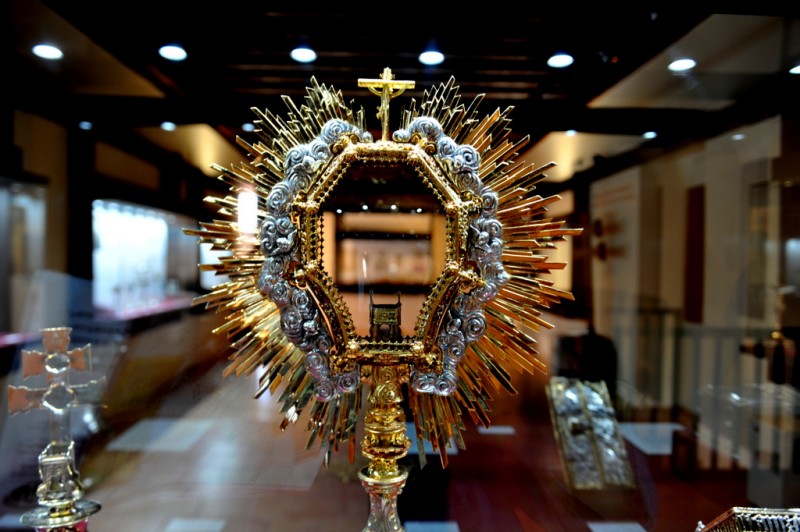 The Basílica de la Vera Cruz in Caravaca stands on the hill behind the city, within the walls of the castle and alongside the museum dedicated to the True Cross which provides the suffix to the name of the city.
The Basílica de la Vera Cruz in Caravaca stands on the hill behind the city, within the walls of the castle and alongside the museum dedicated to the True Cross which provides the suffix to the name of the city.
The Basilica was built in the 17th and 18th centuries and is arguably the most important building in Caravaca. It s the destination for the hundreds of thousands of visitors who come to see and pay homage to the Lignum Crucis in the 7-yearly Holy Jubilee, which was first held in 2003.
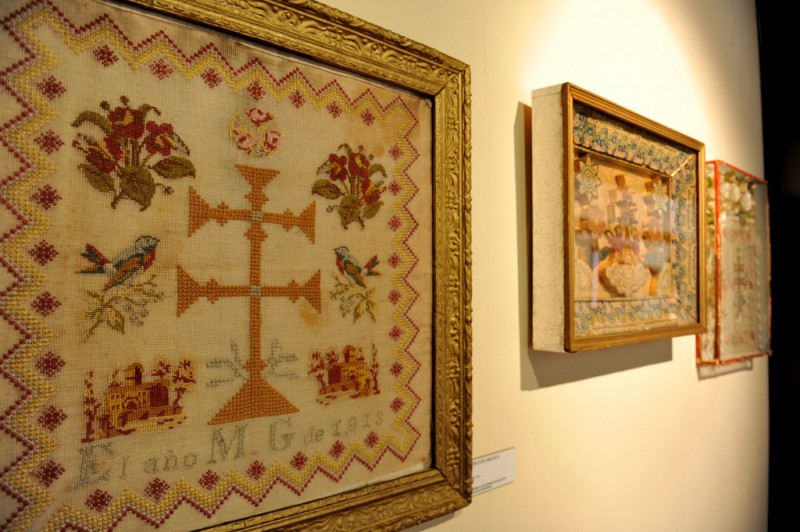
As with so much of the city of Caravaca, the history of the Basilica is practically inseparable from that of the True Cross, a fragment of which is said to have been brought by angels to a priest named Ginés Pérez Chirinos in 1232, when he was required by his Moorish captor Abu-Zeit to demonstrate the rite of Holy Mass and found himself without a cross on the altar.
Not long afterwards, in 1243, the area of Murcia was conquered from the Moors by the Christian forces of northern Spain, and this prompted a strengthening of the castle over the following centuries: Caravaca was in frontier territory, close to Al-Andalus, for the following 250 years (click here for more background details).

Although the Basilica itself dominates the skyline of the town, the walls surrounding it date back to an earlier period. Buildings of some kind are known to have existed at least six centuries BC, as the location provides not only the safety of high ground but also the strategic advantages inherent in being able to observe the fertile agricultural land on the plain of the River Argos below and the communications routes which for millennia have linked coastal settlements with the northern trade routes and what is now Andalucía.
Although the Iberians occupied the site, the foundations of the castle which can be seen today date from the time of Moorish rule between the 8th and 13th centuries AD, a period from which very little documentation remains. However, from the 11th century onwards references to a fortified structure in Caravaca exist, and the writings of Al-Yacut specifically talk about a “hisn”, a centralized fortification to protect the local population and offer shelter to their livestock at in times of attack. This ties in with the layout of what can be seen today, which shares many features in common with other Moorish fortifications throughout the Region of Murcia.
The 12th century fortress walls have undergone much transformation but still retain their basic design, with 14 fortified towers. The oldest of these is the Torre Chacona, which was regarded as the keep of the fortress and is part of the group of buildings which now include the Basilica and the museum: at one point this was the centre of the fortification, and had six towers of its own as well as a direct route out of the fortress without passing through the exterior courtyards.
Following the conquest of the area by Christian forces in the mid-13th century, the land came under the control of the Knights Templar and Caravaca became a frontier town on the edge of the territory of Moorish Andalucía, and after 1312 the city passed into the hands of the Knights of the Order of Santiago.
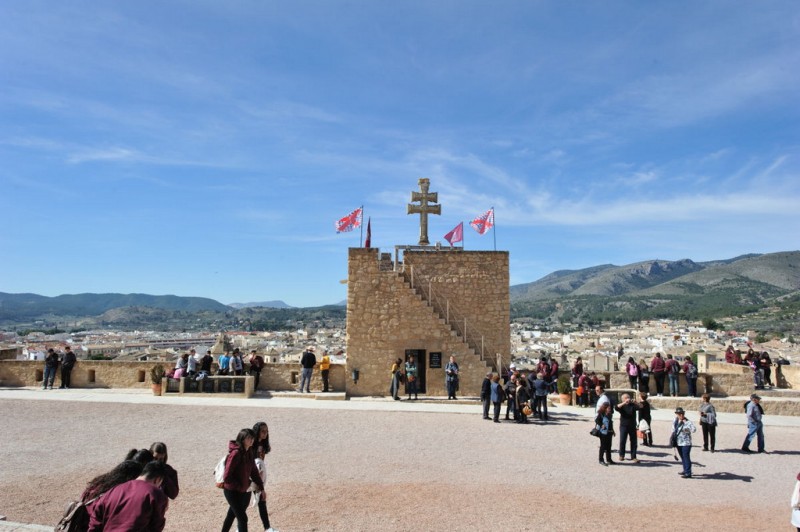
Over the following 200 years there were several military skirmishes between Moorish and Christian forces, and by the 15th century the fortifications had increased considerably, records indicating that there were probably 31 towers at this point. Similarly, as the fame of the Vera Cruz grew, increasing numbers of pilgrims were attracted to Caravaca and the medieval chapel in which the cross was housed became inadequate.
Thus, in the 17th century the impressive Basilica-Santuario of the Vera Cruz was constructed, and in modern times the former chaplain’s house on the side of the chapel has been converted into the Museo de la Vera Cruz.
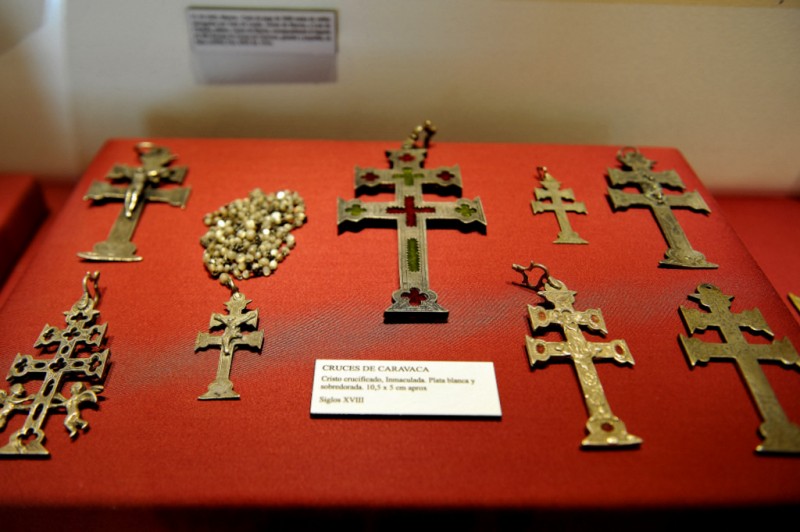
The Museum of the Holy Cross of Caravaca de la Cruz
The museum is dedicated to telling the story of the Vera Cruz and contains documentation, paintings, robes and artifacts which formed the basis for the old museum of sacred art and the Vera Cruz.
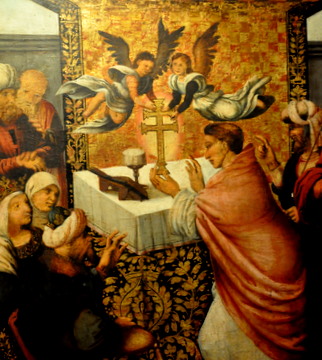
There are several important pieces on display, including the original case which contained the 13th century reliquary in which the pieces of the true cross were stored and the robe said to have been worn by Ginés Pérez Chirinios at the moment of the apparition of the True Cross, and beneath the building it is possible to visit the lower chambers of the original structure in which, so legend has it, the priest languished after being summoned by the Moorish ruler Abu-Zeit.
Also on display are the robes worn by Cardinal Ratzinger, later Pope Benedict XVI, when he visited Caravaca in late 2002. Pope John Paul II was scheduled to make the visit but was too ill to undertake the journey at the time, and photos of the event are displayed next to those of footballing icons in bars and homes throughout Caravaca!
There are also a number of other artifacts related to the cult of the cross, and the museum is well worth visiting as a part of the experience of the city, some dating back to the 12th century.
Inside the building is a harmonious central patio with views of the surrounding countryside.
The Basilica itself may be visited only during and after Mass, but it is worth exploring carefully. Outside its status as a place of pilgrimage is denoted by the gold scalloped roof and scallop decoration, and the interior is beautifully but not excessively decorated.
The cross itself – a replacement provided by the Vatican after the original was stolen in 1934 - is kept in a tiny little side chapel and may be visited following Mass. It is displayed in an exquisitely worked case, and pilgrims may venerate the cross at the end of Mass, many kissing it, or touching it with replica crosses or rosaries.
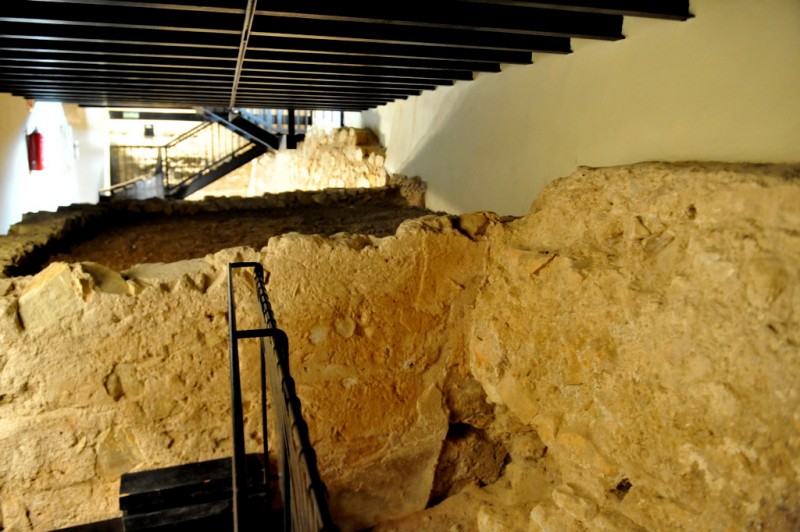
Museum Opening Hours
During the 2024 Holy Jubilee year the musuem is open as follows:
Weekdays 10.00 to 14.00 and 16.30 to 19.30
Saturdays 10.30 to 14.00 and 16.30 to 19.30
Sundays 10.30 to 14.00
Admiison 3 euros
Telephone: 968 705620
Email bookings: reservas@caravacadelacruz.es
Access and location
Located at the top of the old town (click for map), the Santuario can be approached by road or on foot, although parking is limited and the best way to reach it is by walking unless your mobility is restricted.
A tourist train also runs from the Plaza del Arco to the castle and sanctuary.
Further information about Caravaca is available from the tourist office (Plaza de España, 7, telephone 968 702424, email turismo@caravacadelacruz.es
Or for more local information, including the Holy Jubilee Year as well as local news and what’s on, go to the home page of Caravaca Today.




